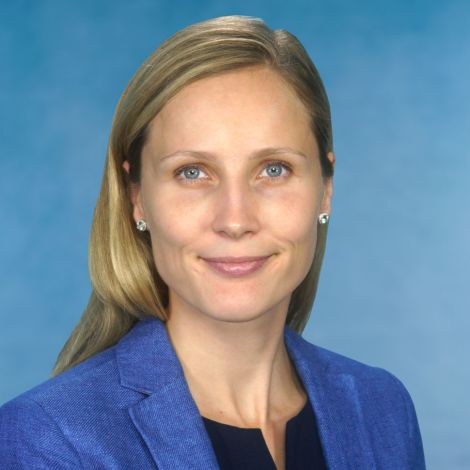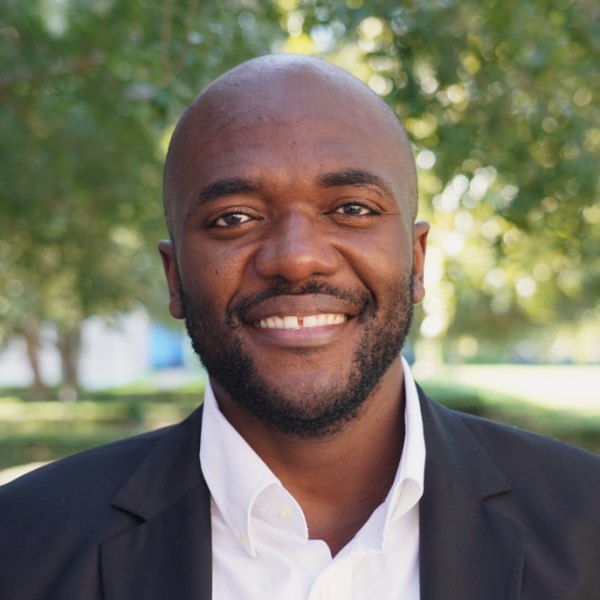Letter from the director
The past year has been one of transformational growth for the Kenan Institute, as we reimagined and restructured our efforts to better align with Frank Kenan's original vision for an organization that would bridge academic research, public policy and the interests of the private sector to drive broad-based economic growth.
We have developed key relationships with business leaders, brought academic expertise from around the world to bear on important societal problems, convened unique groups of stakeholders, and expanded our own brand of translational research and thought leadership. We launched the American Growth Project, an initiative providing up-to-the-minute economic data, analysis and forecasting for towns, cities and counties across the country. And for the first time, we embarked upon a 12-month, deep-dive exploration on a grand challenge facing business and society – examining the rise of stakeholder capitalism and ESG investing.
I invite you to check out our 2022 Year in Review, which highlights a select few of the initiatives and activities responsible for building the institute's reputation as a voice of reason and clarity in today's increasingly divided, highly complex world.
Thank you for your support of the Kenan Institute during the past year, and we look forward to working with you in 2023.

Greg Brown
Executive Director
Frank Hawkins Kenan Institute of Private Enterprise













































